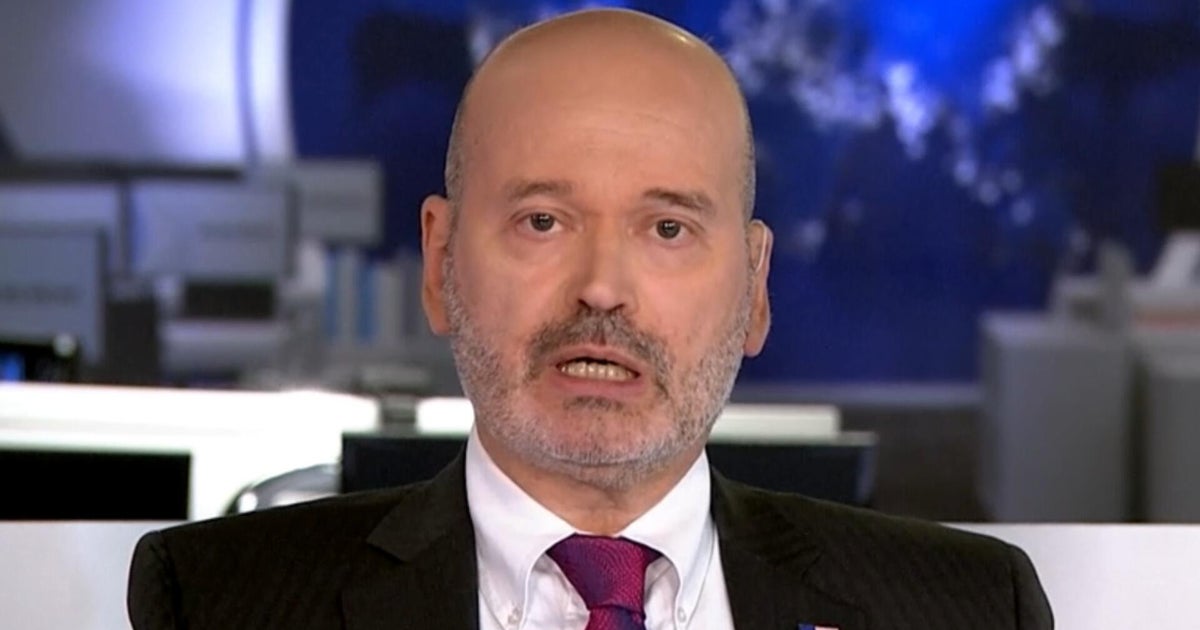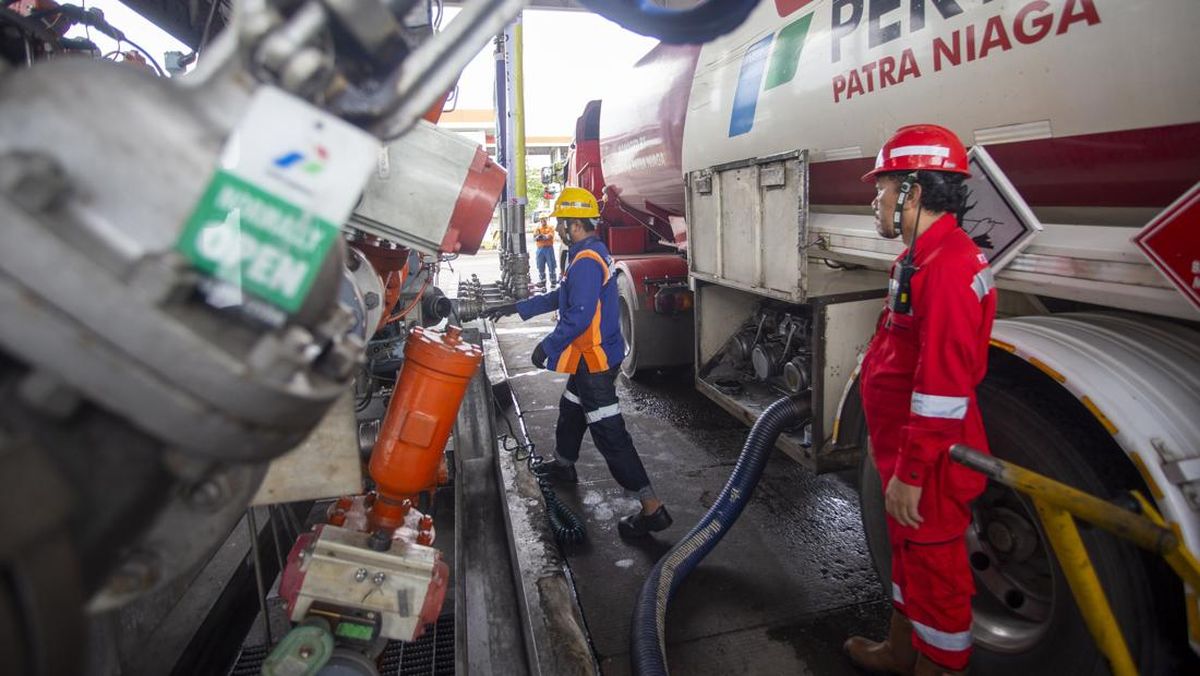 Credit card debt relief could be worth pursuing this December for a variety of reasons.
Kathrin Ziegler/Getty Images
Credit card debt relief could be worth pursuing this December for a variety of reasons.
Kathrin Ziegler/Getty Images
Late November is often a time when holiday spending increases and the swipe of a credit card becomes more frequent. So it may feel unusual to think of now as the right time of the year to tackle your growing credit card debt. But the reality is that there's never a bad time to regain your financial health and security, and in today's unique economic landscape, many could actually benefit from taking a proactive approach.
The average credit card interest rate sits over 20% now, just under a record high, and the average American owes thousands of dollars to credit card companies. And with both items elevated, simply making minimum payments each month won't make much of a difference.
Fortunately, there are still viable credit card debt relief strategies that can help. From debt management programs to debt consolidation loans to even credit card forgiveness, there's likely a debt relief approach that's worth exploring for you. But is it worth doing so now, in the final weeks of the year, or are you better served delaying your debt relief strategy into 2026? Below, we'll examine why credit card debt relief may make sense this December and why it may not.
Check your credit card debt relief qualifications online today.
Why credit card debt relief may make sense this December
The benefit of securing credit card debt relief in the final month of 2025 can come down to two words: compound interest. If you're one of those borrowers who owe thousands of dollars and are saddled with a 20%-plus interest rate on one or more of your cards, you likely don't have the luxury of delaying credit card debt relief any further. Not when the interest is compounding on what you owe each day.
Waiting for the economy to change so drastically as to improve your credit card debt situation isn't realistic, either. For starters, there's no guarantee that the Federal Reserve will even cut interest rates when it meets in December. Even if the central bank does cut rates, it will likely be by just 25 basis points. And that cut is to the federal funds rate, not the prime rate, which dictates credit card rates. Finally, even if the prime rate were to drop by the same increment the federal funds rate does (which is unlikely), it will lead to a muted impact on the credit card rates you're already accustomed to.
If these reasons sound familiar, then, and you're ready to move on from any hope for external relief, then credit card debt relief techniques and programs may make sense for you this December.
Compare your top credit card debt relief options here now.
Why credit card debt relief may not make sense this December
Simply put: If you can't or just don't have any intention of freezing your credit card spending in December or at least drastically reducing it or switching to debit, then credit card debt relief may not make sense in the month.
No matter which debt relief option you ultimately choose, all will require sacrifice and due diligence on behalf of the borrower. And that not only means curtailing spending but potentially shifting your payoff approach from monthly payments to multiple companies to one payment to one debt relief company, instead, who can then negotiate more appropriately on your behalf. But if you're not willing to drastically and immediately pivot from your current approach, not only will credit card debt relief not be right for you this December, it may not be right for you in the months after, either.
Take a closer, realistic look at the spending habits that put you into this position and be honest with yourself about what you're willing to do to dig out. If you're not quite ready for bold action, you may be better served by waiting a few more weeks. You can always revisit these options post-holidays, when spending subsides and you can more realistically assess what you owe and the resources you have for reducing it.
The bottom line
While credit card debt may feel ubiquitous, credit card debt relief is personal to each individual borrower. That means the timeline for some may not match the timeline for others, especially now, during the holiday season, when it can be difficult to avoid overspending.
By taking a wider view of your specific credit card debt situation, closely assessing the debt relief options that may be most applicable, and by speaking with a top debt relief company representative or financial advisor, you can more accurately determine when to act. While this will be just the first step, it's often one of the most important on your journey to becoming credit card debt-free and regaining your financial independence.
Edited by Angelica Leicht


















































